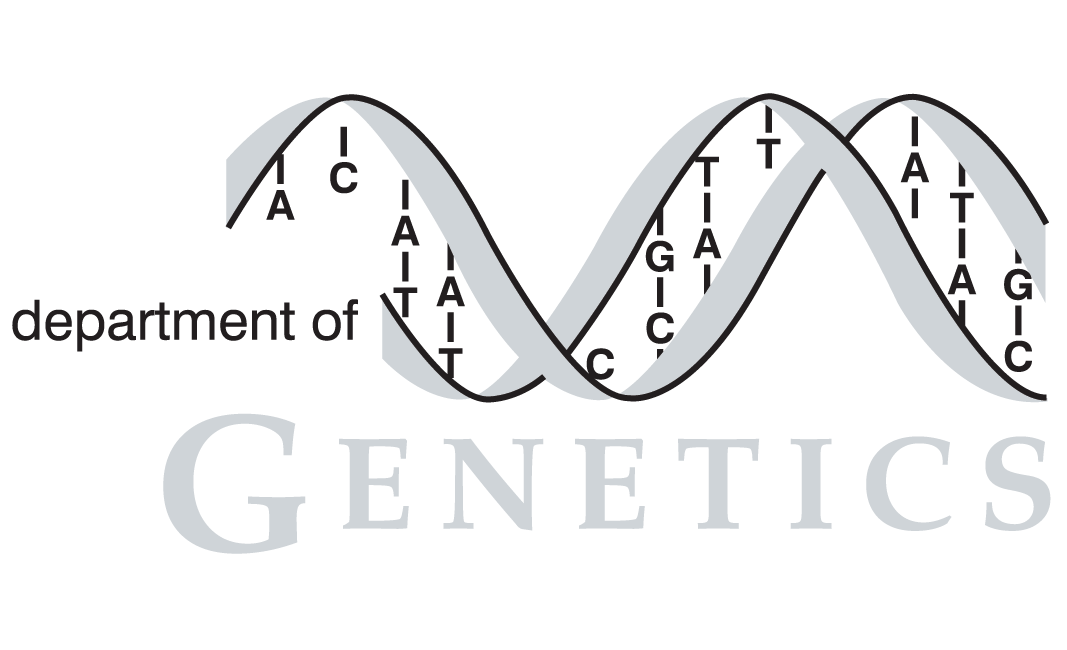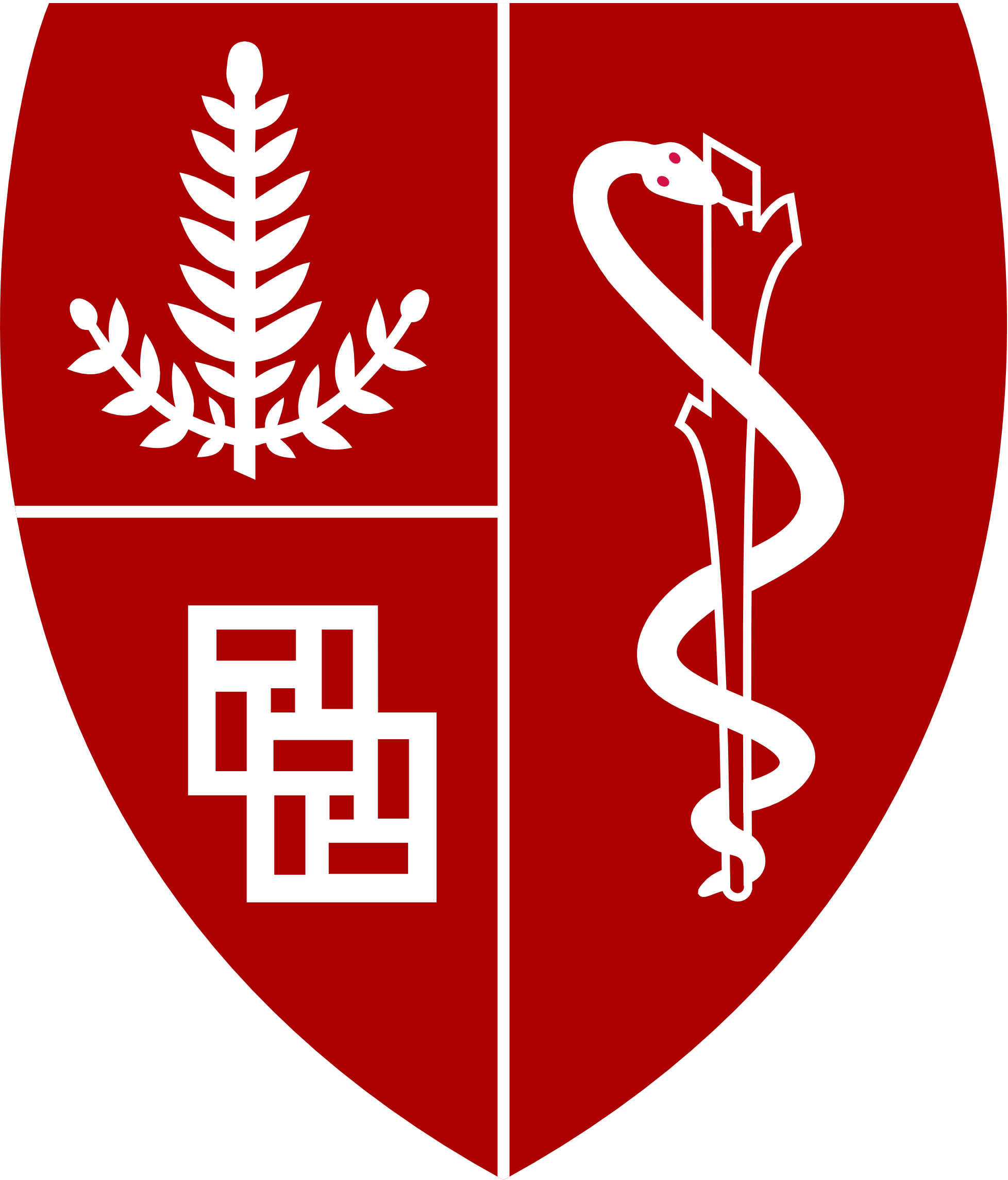| Citation | Kugou K, Sasanuma H, Matsumoto K, Shirahige K, Ohta K. Mre11 mediates gene regulation in yeast spore development. Genes & genetic systems, 2007. |
| PubMed ID | 17396017 |
| Short Description | Mre11 mediates gene regulation in yeast spore development. |
| # of Conditions | 8 |
Full Description

|
Mre11, together with Rad50 and Xrs2/NBS, plays pivotal roles in homologous recombination, repair of DNA double strand breaks (DSBs), activation of damage-induced checkpoint, and telomere maintenance. Here we demonstrate that the absence of Mre11 in yeast causes specific effects on regulation of a class of meiotic genes for spore development. Using DNA microarray assays to analyze yeast mutants defective for meiotic DSB formation, we revealed that the meiotic expression profile in the mre11Delta cells was generally unaffected when compared to the one in the wild-type strain, although the activation of about 90 meiotic genes were severely and specifically impaired in early meiosis. These defects were confirmed by northern and lacZ reporter gene assays. Interestingly, a substantial portion of the severely affected genes includes genes responsible for spore wall biogenesis, the defects of which may account for the fragile spore wall phenotype of the mre11Delta strain. The transcriptional deficiency was not observed in other DSB mutants such as rad50Delta, xrs2Delta, spo11Delta, and spo11Y135F, suggesting the transcriptional defect in mre11Delta is due to neither lack of meiotic DSB formation, nor disintegrity of Mre11-Rad50-Xrs2 complex. In addition, the deficiency of mre11Delta in gene activation was not alleviated by the deletion of RAD24. Therefore, it is unlikely that DNA damage checkpoint activation by mre11Delta caused transcriptional deficiency. We also found that a C-terminus DNA binding domain truncation mutant (mre11DeltaC49), which has meiosis-specific defects, exhibited transcriptional defects as observed in mre11Delta, whereas an N-terminal phosphoesterase mutant (mre11D16A) does not. Taken together, we propose that Mre11 is involved in the regulation of a specific class of genes during spore development through its C-terminus domain. |
Tags
 |
Contact: sgd-helpdesk@lists.stanford.edu


